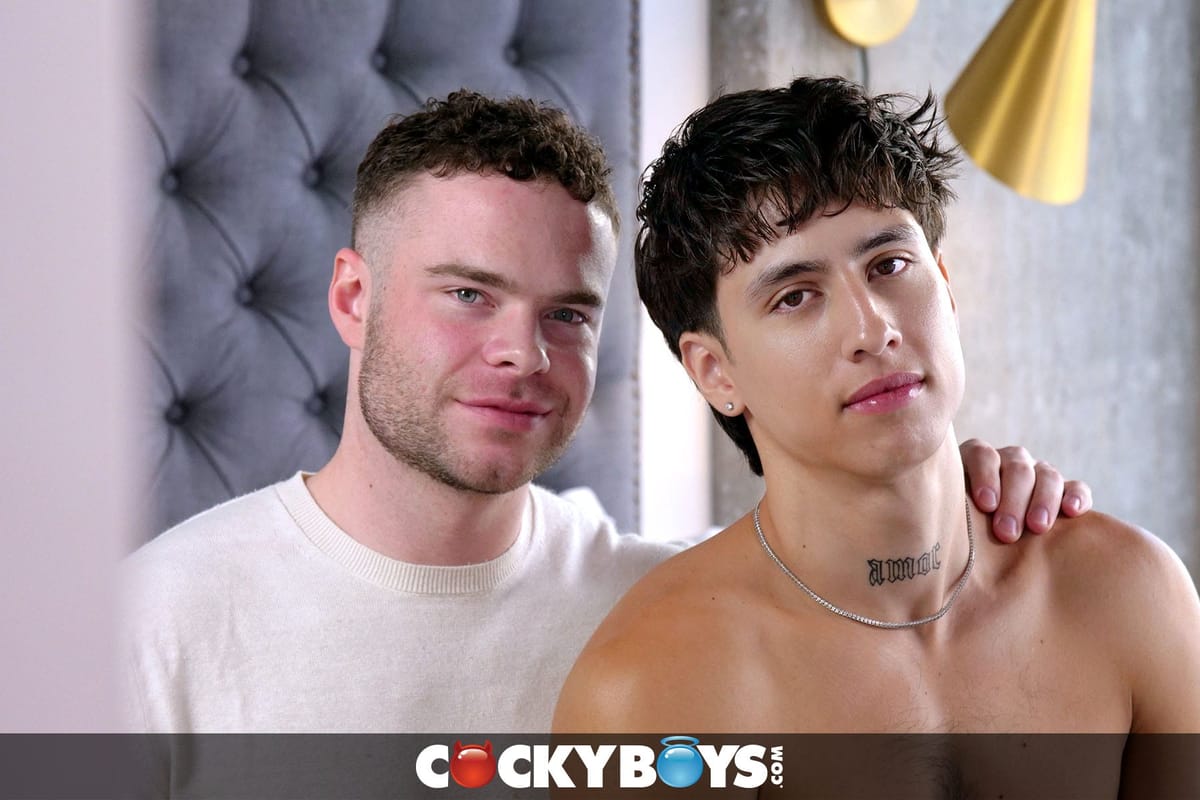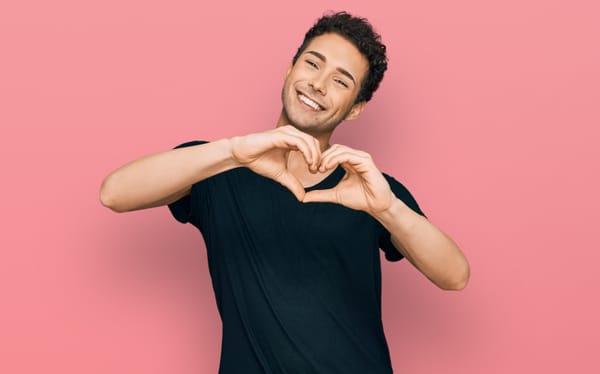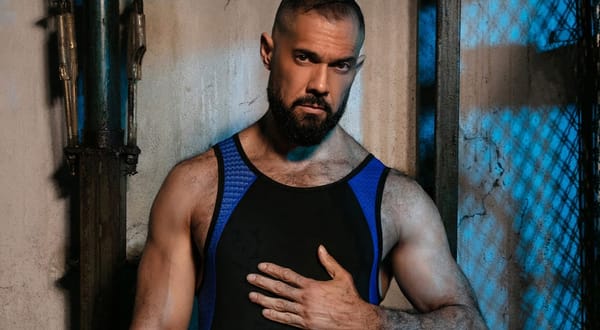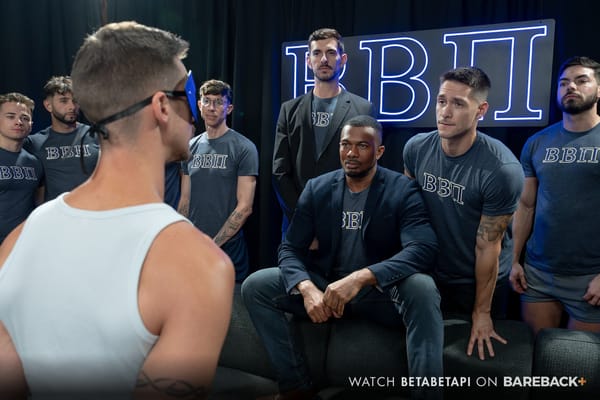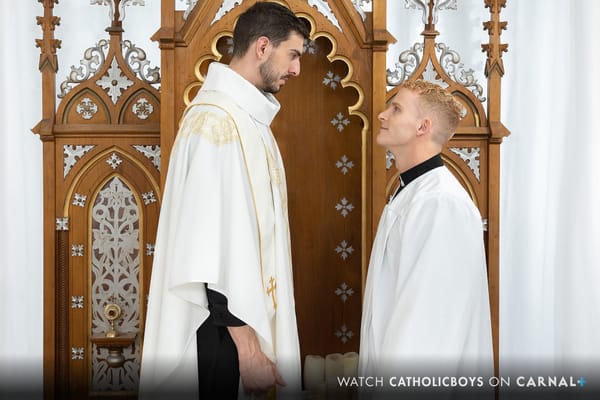Culture Watch: We Are Faheem & Karun
A powerful film from Kashmir - featured in London's Flare LGBTQ film festival.
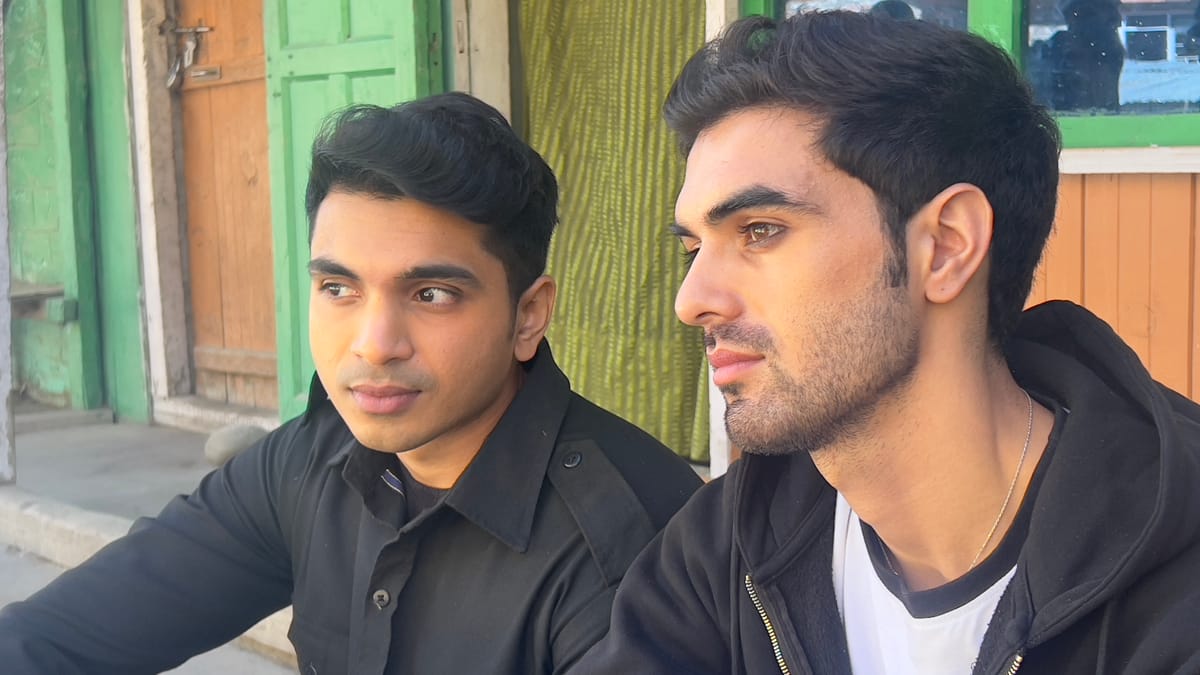
Written and directed by Onir, We Are Faheem & Karun draws inspiration from the true-life story of a gay officer in the Indian army.
Karun (Akash Menon) is a young security from the south of India. He is posted to a remote village in Kashmir - close to the disputed border with Pakistan. While manning his checkpoint, Karun encounters Faheem (Mir Tawseef) - a young local man. Their relationship gradually develops but the political tensions of the region are bigger than the two of them.
This is a well-told story that exists within a world of complexity.
The political context is the continuing unrest in Kashmir. After partition in 1947, the former state of Kashmir was divided between India, Pakistan, and China. It was an outcome that no one was particularly happy with, least of all the people of Kashmir, There are frequent outbreaks of conflict - particularly along the border between India and Pakistan.
Although the story of Faheem and Karun is set after the decriminalisation of homosexuality in India, this is still a socially conservative country and queer people risk being ostracised by their family and community.
Additionally, the Indian army prohibits homosexuality. Even though it has been decriminalised in wider society, gay men who are outed while serving in the military will be dishonourably discharged.
If you are planning to make a film that features the Indian army - as Onir set out to do here - the script has to be approved by the Ministry of Defence. Referencing the film while speaking in parliament, the Defence Secretary said that the portrayal of an army man as gay was derogatory towards the army and a threat to the security of the country .
Onir pushed ahead with the project regardless, removing any direct references to the army to avoid censorship.
This is the first Kashmiri language film that centres LGBTQ characters.
Regardless of all that context, Onir has delivered an engaging film that shares the story of two queer men trying to navigate their need for intimacy in a complicated world.
Onir: The interview
While he was in London for screenings of the film at the BFI Flare film festival, I caught up with Onir for a behind-the-scenes look at the film.
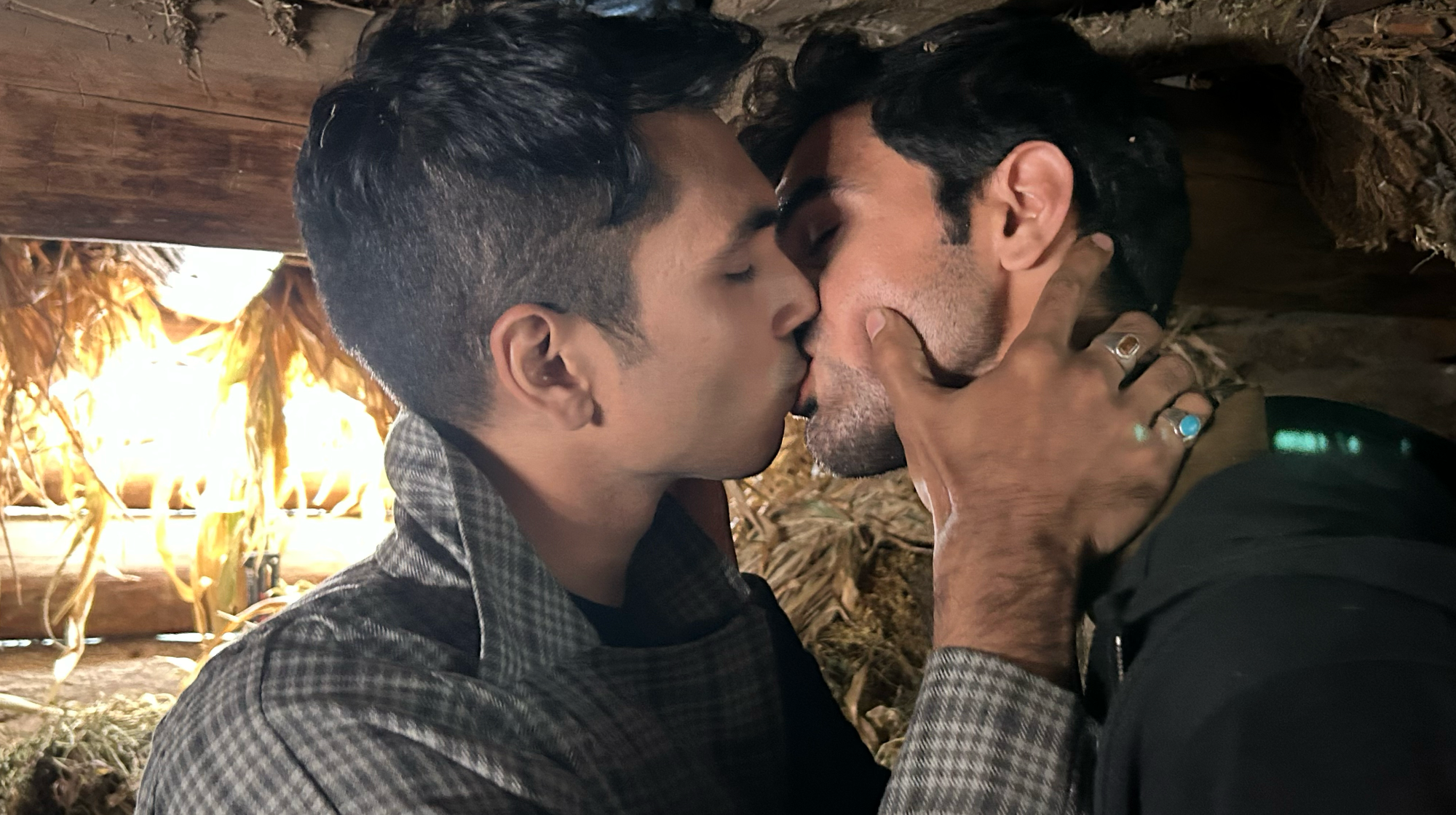
How has your festival experience been?
This is my second time at Flare. I was anxious with this film - I wasn't sure if the audience would understand the social context of the story. But the screenings were full.
The film tells the story of two men who meet in Kashmir. Why was this a story that you wanted to tell?
I was inspired by a real person and began working on the script in 2021.
I'd originally intended this story to be part of an anthology - a tribute to the Supreme Court's decision that decriminalised homosexuality in India.
Because the story referenced the army, I had to get approval to make the film. It came as a surprise when they rejected it - they refused to have any dialogue.
When my request for approval was rejected, the finance for the film all fell apart.
I kept working on it, shifting focus to make this a stand-alone feature film. I spent all of my savings to get it made.
I felt that making the film was a way of fighting against invisibility. Invisibility of queer people in the army, and also invisibility of queer people in Kashmir.
Setting your story within Kashmir adds complexity to the narrative. How challenging was it to reflect the political sensitivities of that region while still keeping the focus on the connection between Faheem and Karun?
I have a long connection with the region of Kashmir. I speak the language. I've been visiting there for a long time.
I see that a lot of younger people are exhausted with the conflict. Everyone perpetuates the othering of the other side, perpetuates the narrative of hate.
When you're othered by everyone - such as a gay man in the military, and a gay man in Kashmir - you look for spaces where you're not othered. Faheem and Karun find that in each other.
They see each other as humans and find the commonality between them.
There was a sequence in the film where you highlighted expressions of intimacy between men in Kashmir - why was that something you wanted to include?
In India you will see a lot of intimacy between men - sharing a bed, hugging each other, walking hand in hand. There is an acceptance of affection but there is a fine line between affection and desire.
In Kashmir, because interactions between men and women are more restricted, you see a lot more interaction between men.
What sort of response do you expect that the film will receive in India?
I'm worried about how the film classification board in India will view it.
Anything that's seen as not aligning with the government's narrative could have problems.
I'm trying to get an international release first. A positive response internationally will help the film's reception in India.
There have already been some festival screenings in India - audiences responded really positively to seeing a film that showcased day-to-day life in Kashmir.
Beyond this story that you’re telling through Faheem and Karun, what’s life like for queer people in India following the decriminalisation of gay sex?
The more we claim our space, the more resistance we face. Society takes time to change.
We are still seeing stories of queer people being blackmailed, beaten up, targeted through hook-up apps.
Also, the negative view from the United States regarding DEI - diversity, equity, and inclusion - is already impacting India. Not only have aid programmes been withdrawn but the negative sentiment can be used against the queer community.
We need to understand the intersectionality of minorities as we continue to push for equality.
What other projects do you have in the pipeline?
Faheem and Karun is chapter 1 in a series of connected features that I'm working on. Although set in different cities, some of the characters overlap. Chapter 2 will focus on a drag queen, chapter 3 will focus on a lesbian, and chapter 4 will focus on a bisexual man.
What do you hope that audiences feel when they watch Faheem and Karun?
I hope that people see the futility of conflict - that see what we lose when we are constantly fighting.
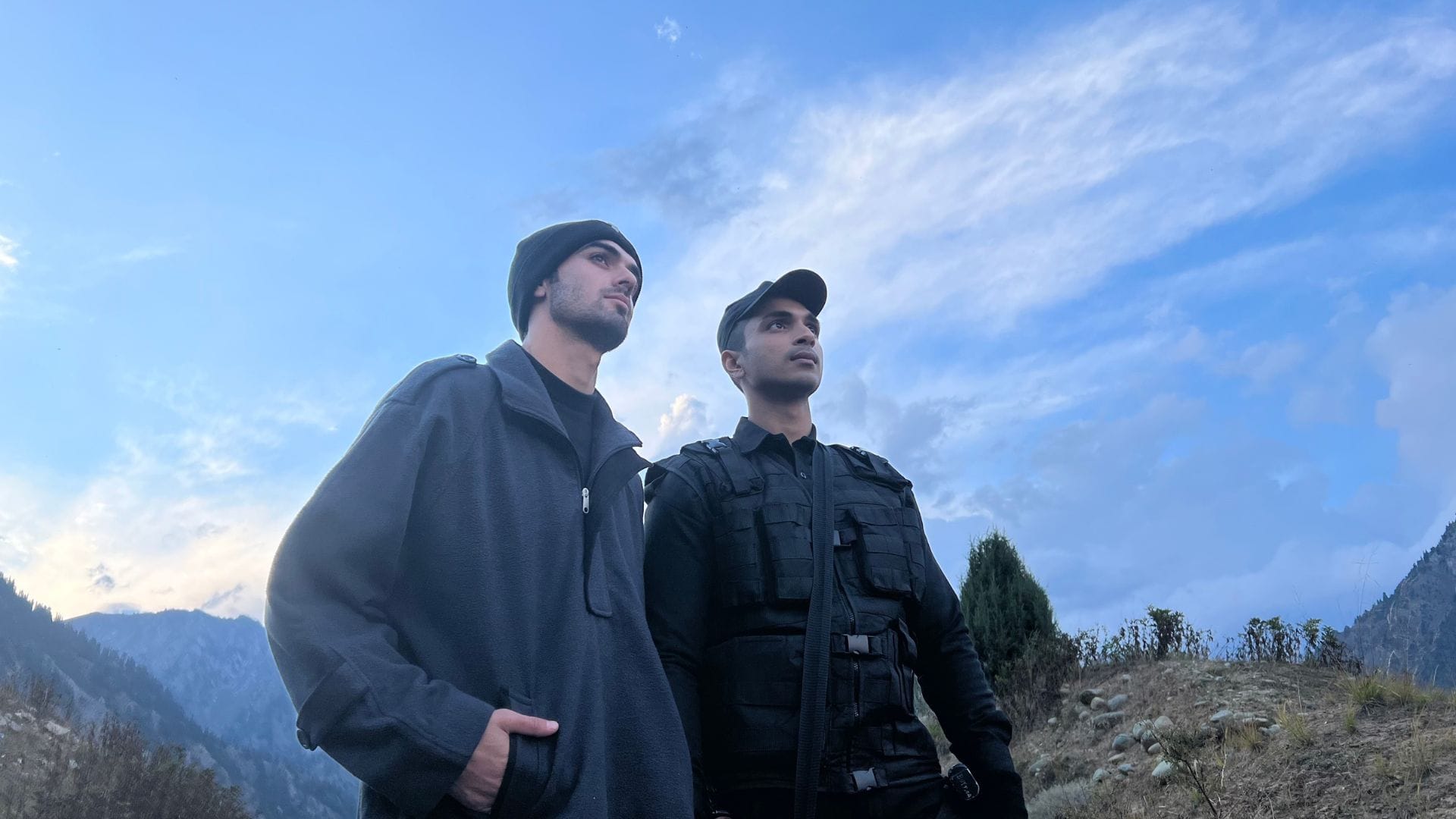
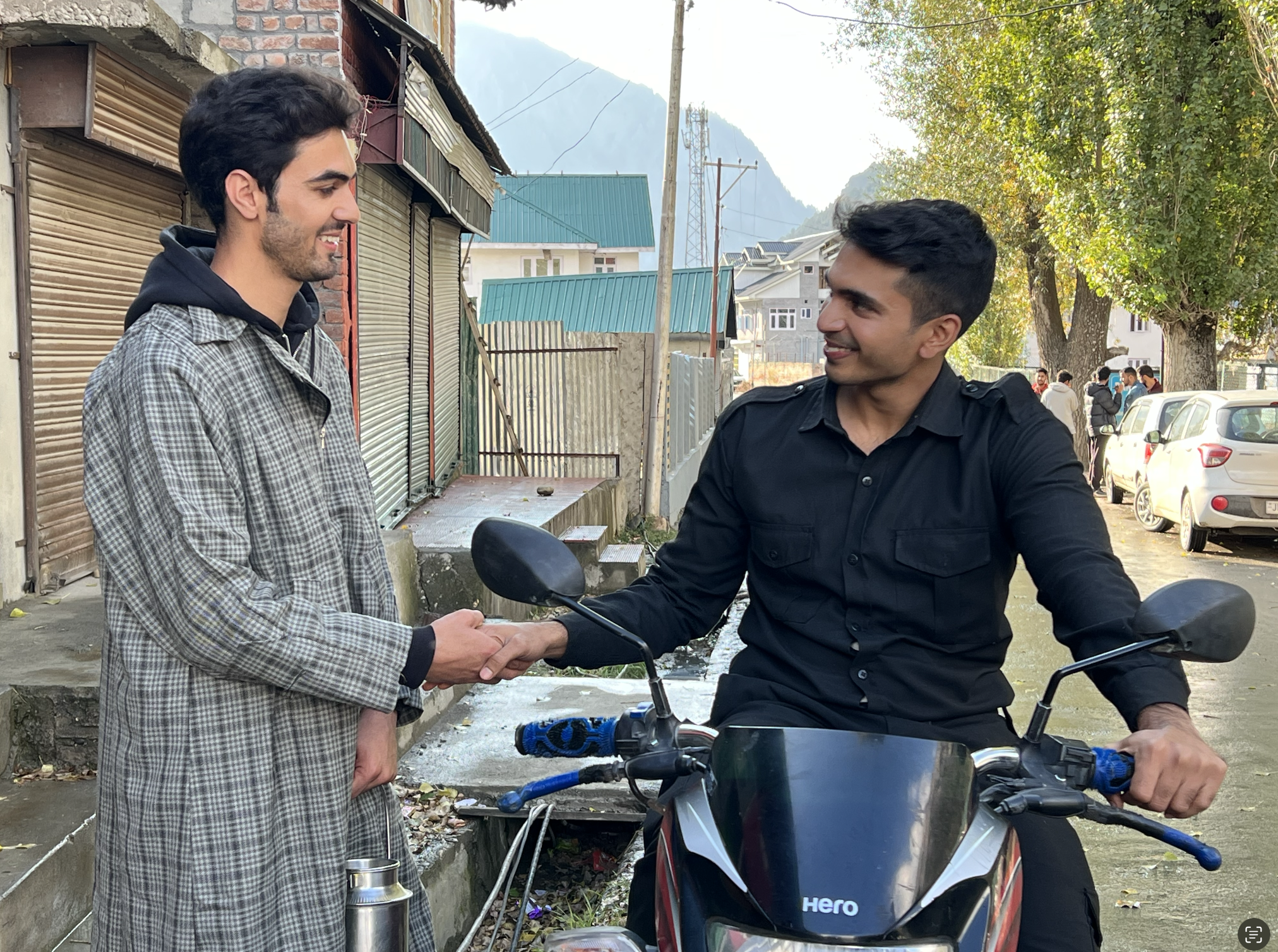
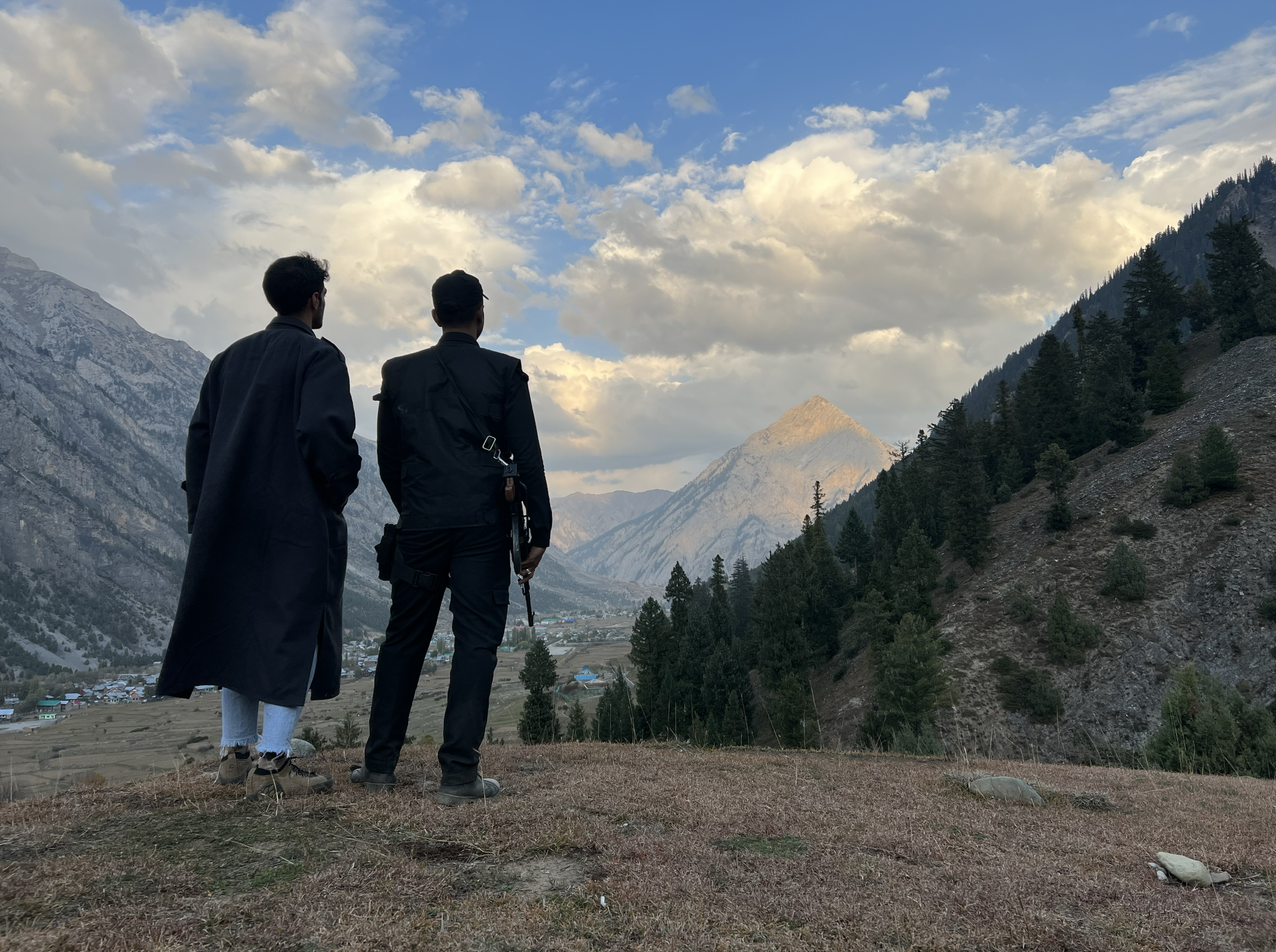
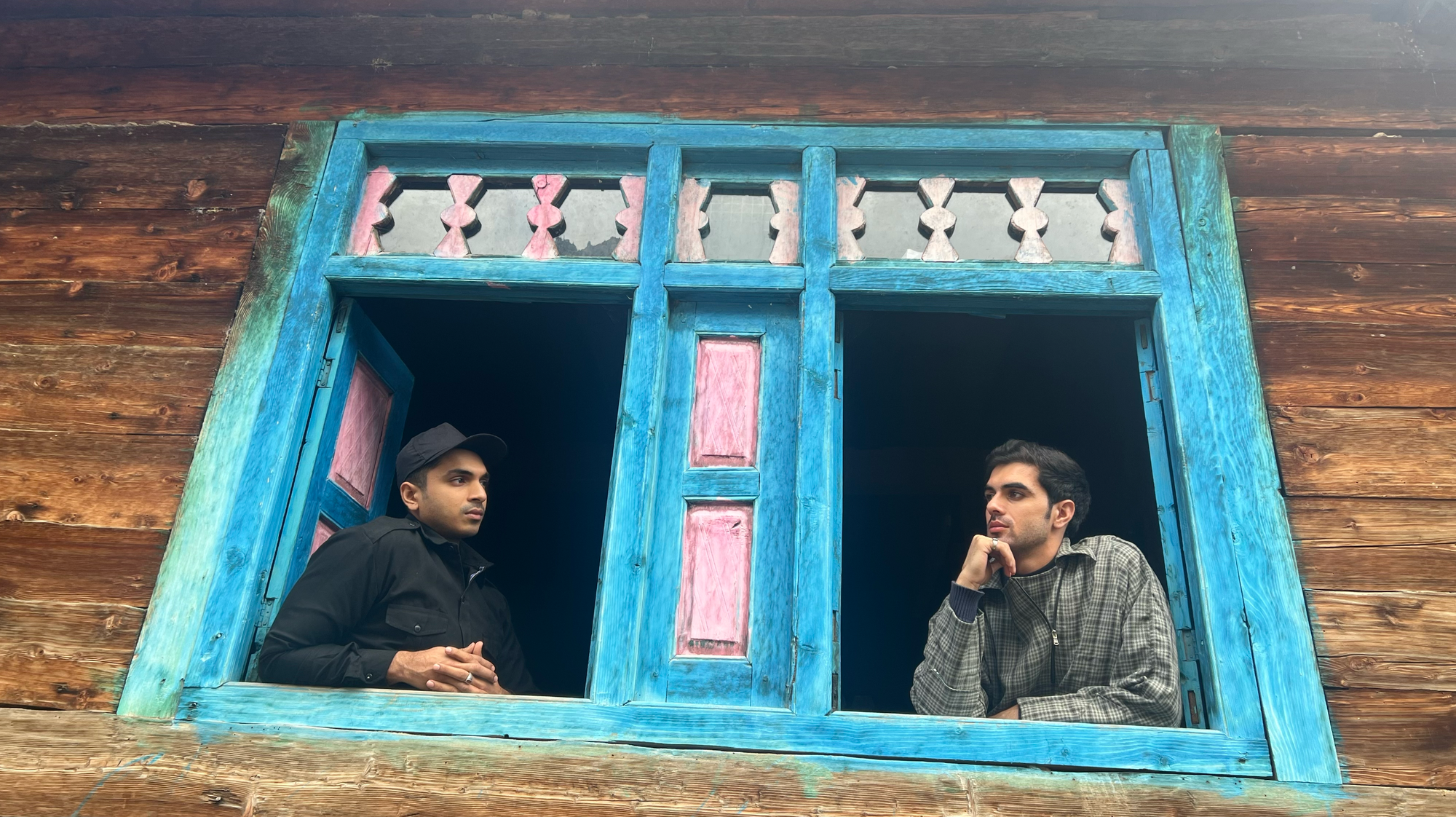
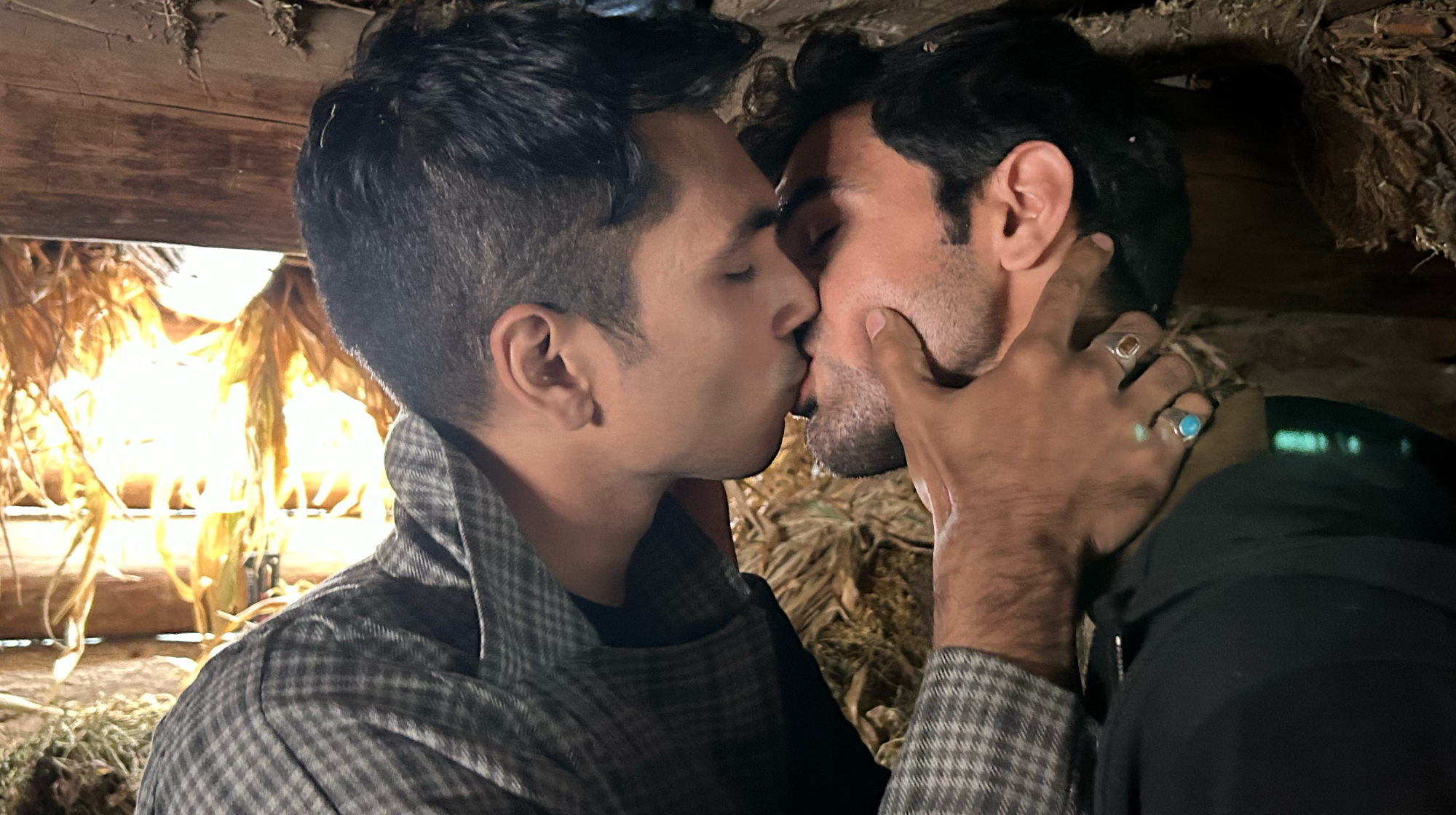
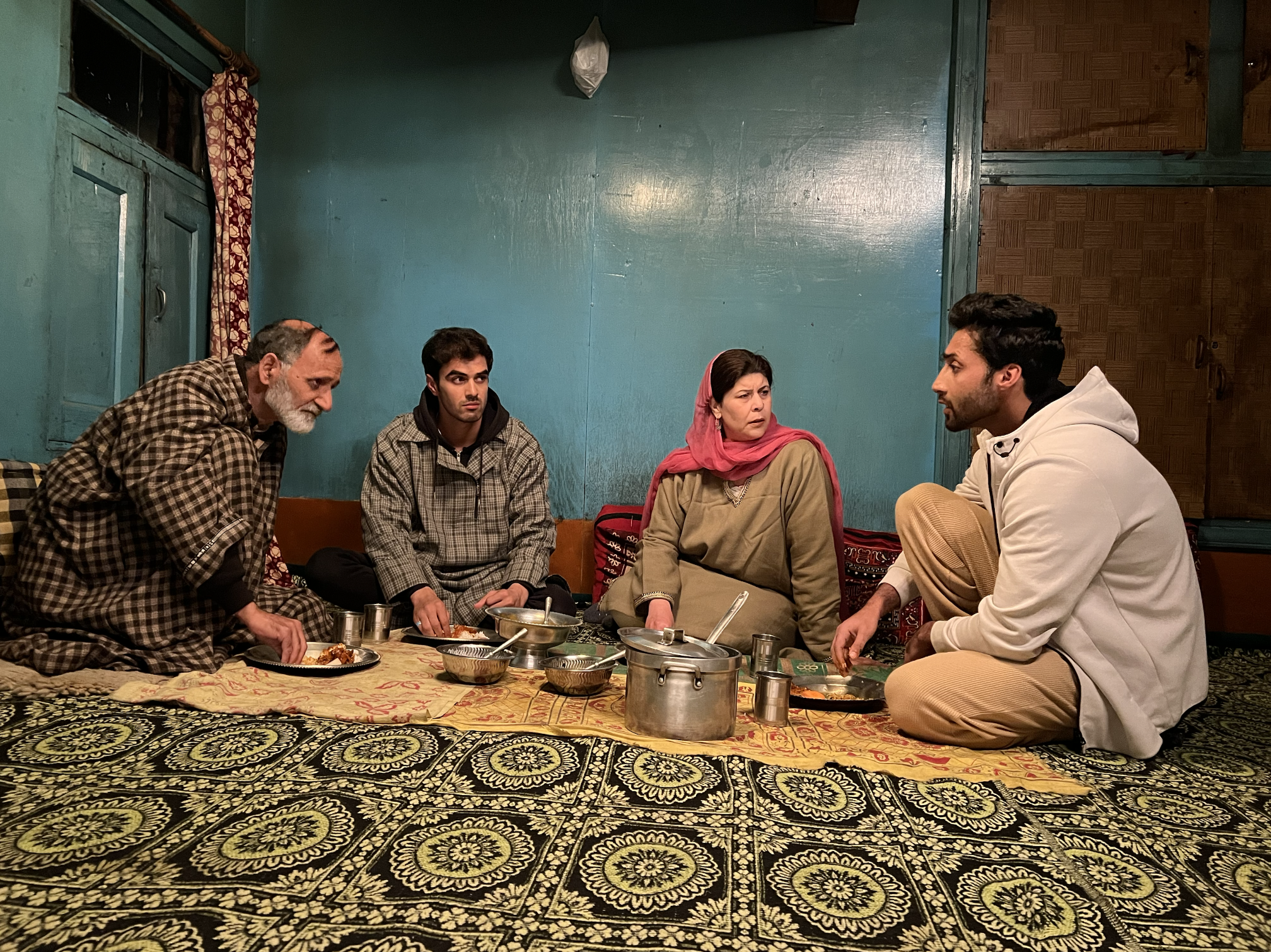
The NSFW edition
If you want to admire some man-on-man action, our NSFW edition gives you every inch.
Sign in and check out our NSFW content - it's free!
